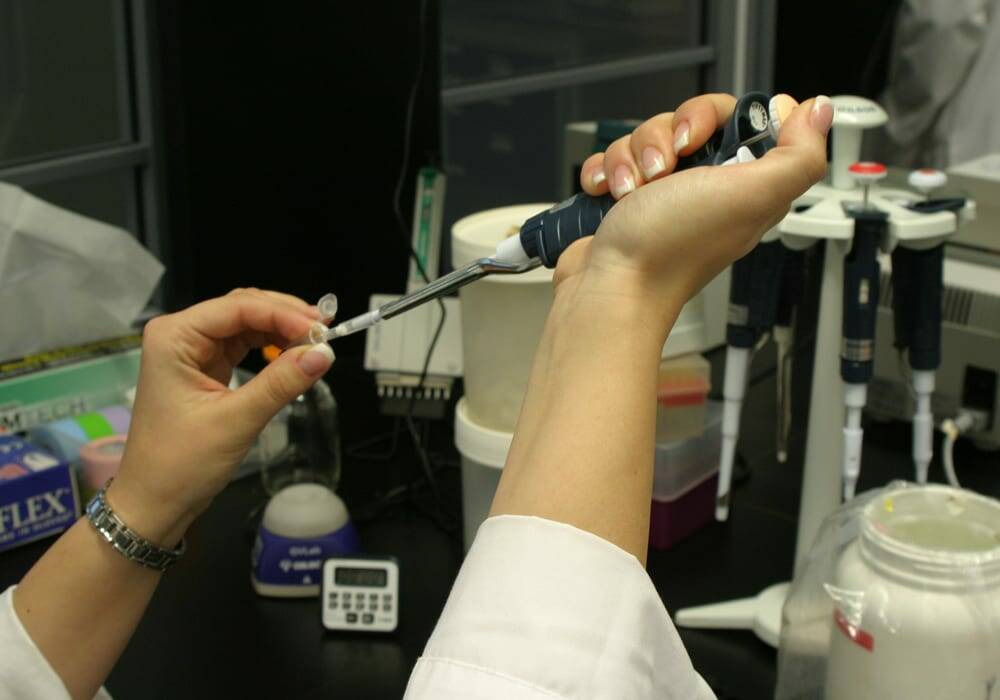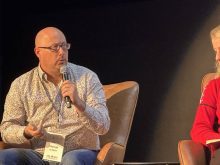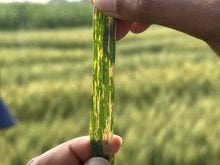Magnetized seed, cheese whey, aspirin and diesel exhaust are among some crop-enhancing treatments farmers have been urged to buy over the years.
A lot more are certain to appear when companies don’t have to prove their fertilizers work to get them registered, predicts Don Flaten, a professor of soil science at the University of Manitoba.
“Anybody who wastes money on products that don’t work, or even worse uses products that hurt their crop yield and their quality, will be just paying a tax on ignorance,” Flaten said.
Read Also

Ship’s turning for gene-edited crops
More and more countries have decided that gene-edited crops will be treated the same as conventional plant breeding.
But farmers have the tools — GPS and yield monitors — to replace ignorance with knowledge.
“Learn how to do a proper test,” Flaten said. “Make sure you’ve got a proper control with several strips so you in a sense have it replicated.”
When assessing new products there are a couple of considerations. One is whether it boosts yields or not. If there is yield response, does the product provide a good return?
Good marketing is not a substitute for good science, Rigas Karamanos, agronomy manager with Viterra told the Manitoba Agronomists Conference last December.
“The layman often neither understands nor cares whether products and practices have withstood the test of statistics,” he wrote in a paper delivered at the conference. “Further, change in philosophy on field research on productivity issues by both government agencies and private industry has resulted in very little research carried out with properly established protocols.”
Here’s Karamanos’s advice offered when assessing new products and practices:
- If it is too good to be true, it probably is.
- Beware of hype. Hype hurts.
- Don’t trust testimonials, because they are anecdotes; they are stories, not scientific data.
- Look for the flipside. What did the opposing side say?
- Is there published peer-reviewed evidence? That’s the ultimate standard.
- There’s no substitute for thinking critically, however, a basic understanding of the value statistics, without necessarily needing to perform them, can save money and resources.















